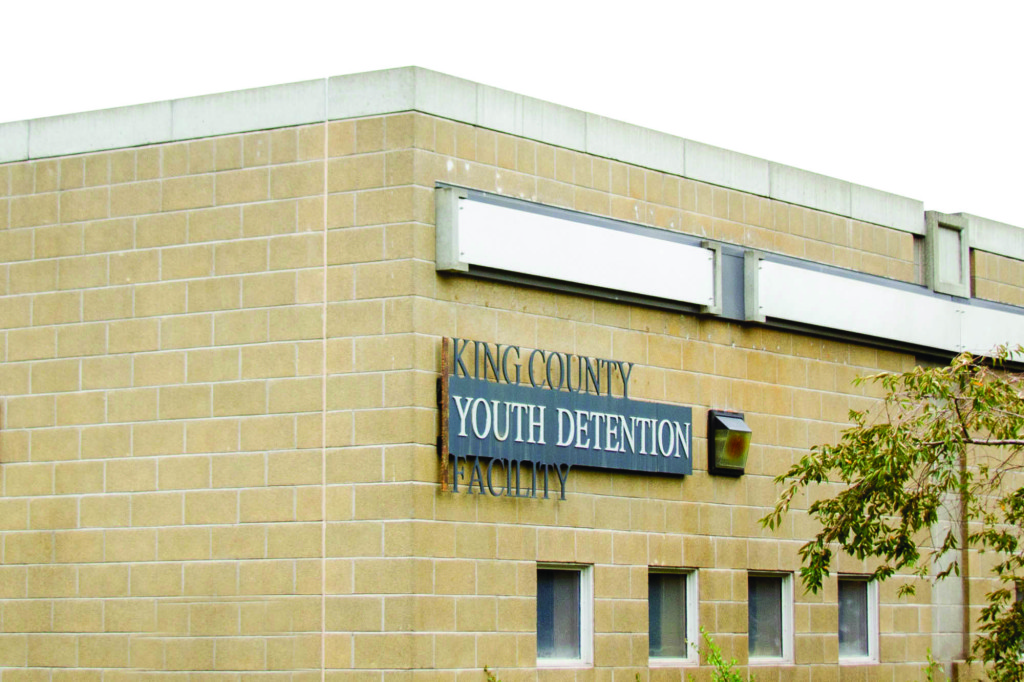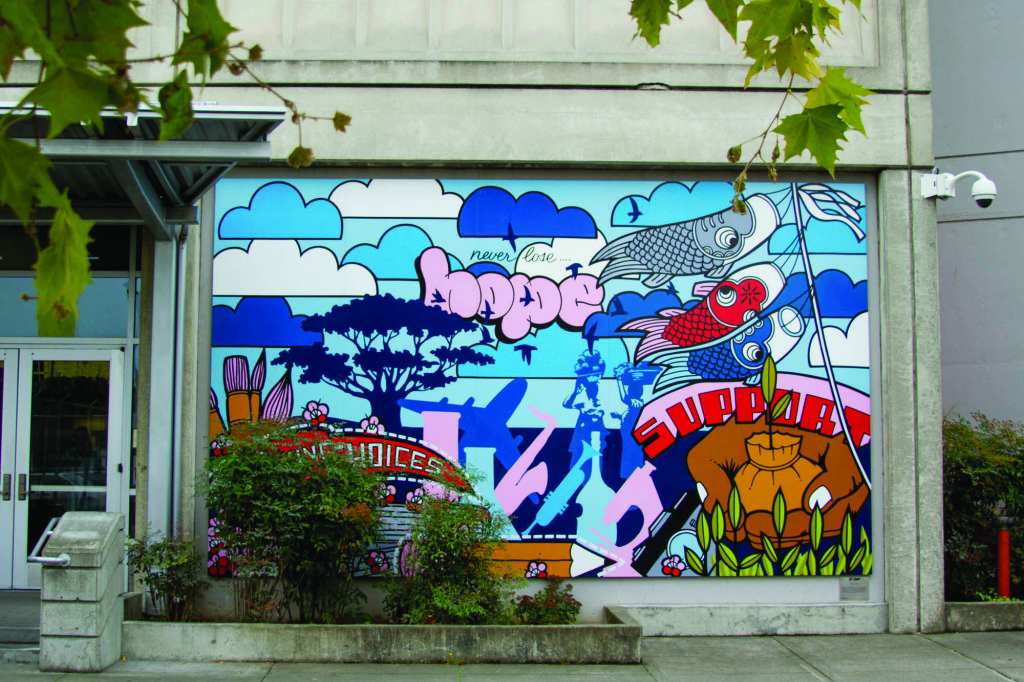The words “Never lose hope,” written on a mural next to the King County Juvenile Detention Center, resonate now more than ever as members of the Seattle City Council unanimously voted to pass Resolution Zero Use of Detention for Juveniles. This resolution, written by community members, marks the possibility of ending of youth incarceration in Seattle and establishes city-funded, community-based programs. The resolution was inspired by the reality that juvenile imprisonment can lead to damaging consequences, many of which last a lifetime.
“Being in juvy, even if it’s once for something minor, it follows you,” said Seattle University student and volunteer at the King County Juvenile Detention Center, Jocelyn Foresman. “They’re still going to have that stigma of being a bad kid, but if they don’t have a criminal background, it won’t prevent them from doing good things with their life. That’s the biggest benefit.”

Three organizations within the city have been advocating for the past decade to abolish juvenile incarceration: Ending the Prison Industrial Complex (EPIC), Youth Undoing Institutional Racism (YUIR) and the Seattle branch of the anti-racism organization European Dissent. These organizations envisioned Seattle as a city where, instead of being sent to detention centers, troubled youth could be sent to public programs funded by the city, organized by locals, and structured to help them avoid criminal behavior without leaving their community. These programs would stop the incarceration of minors and replace the correctional facilities that, as of 2014, held more than two thousand of the city’s youth.
The movement gained traction in 2012 when City Council voted overwhelmingly to fund the replacement of an existing detention center, and more than $200 million was poured into the facility. Since then, organizers have rallied against juvenile incarceration in the 206 area code by going door to door, attending City Council hearings, and voicing their opinions at community meetings.
“This resolution could be seen by some as an act of good faith, that nothing else changes,” Council Member Mike O’Brien said. “And I think that’s absolutely right. This is a very important step today for the city to take this action, but it by itself does nothing to change the reality.”
Though the Council’s decision is an encouraging sign, advocates know that their struggle against youth imprisonment is far from over. What worries them is that the measure is non-binding. The city is not legally mandated to enact it but, to the organizers and attendees who have dedicated the last three years of their lives to this cause, it represents a moral imperative. The future of youth imprisonment in Seattle and the U.S. will be shaped greatly by how the council members take action in the following months.
Foresman has encountered the complexities of working with the youth detention system. She explained how weekly counselors get a firsthand view of the difficulties with these centers.
“You go in there, once a week, and talk to one kid,” Foresman said. “I mean, you’re missing so many kids…You can’t create a relationship with them because you only meet them once and they’re only there for a week, and when they get out, you’re not allowed to have any
contact with them.”
She expressed concern over what happens to youth after they leave detention centers. For Foresman, the lack of communication and ability to check up on them could have negative effects down the road.
Most of the juveniles Foresman deals with stay at the facility for seven to 10 days. This means that, no matter what led to them to being held in a detention center in the first place, they will be back out in the world, unsupervised, within a matter of days.
“The kids usually need more than one service,” Foresman said. “Some of them need drug and alcohol addiction counselling, on top of counselling in general. If they’re homeless, they need a shelter.”
Jillian Fields-Hirschler, sophomore social work major and criminal justice minor, considers the resolution a welcome change. For Fields-Hirschler, Seattle is a leader in progressive social politics. She belives that the justice system has moved away from its original intent: rehabilitating people.
“It’s really a system of social control and oppression that needs to be reformed,” she said, “There are members of the community that see the system is broken. That’s when important change happens, when important policy makers understand how the system is broken.”
Nick may be reached at
nturner@su-spectator.com








